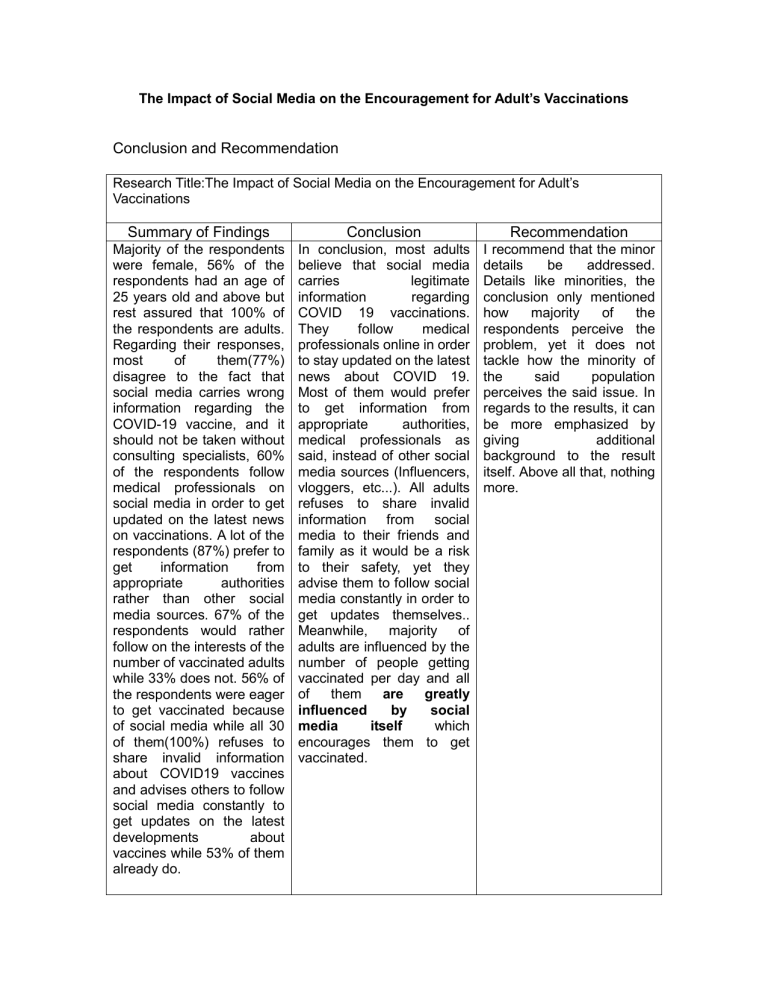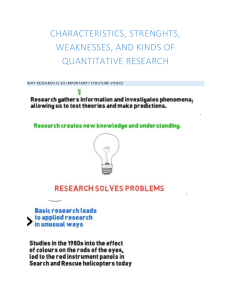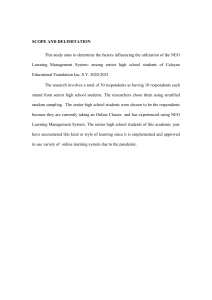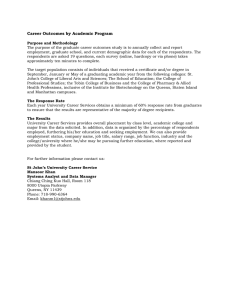
The Impact of Social Media on the Encouragement for Adult’s Vaccinations Conclusion and Recommendation Research Title:The Impact of Social Media on the Encouragement for Adult’s Vaccinations Summary of Findings Conclusion Recommendation Majority of the respondents were female, 56% of the respondents had an age of 25 years old and above but rest assured that 100% of the respondents are adults. Regarding their responses, most of them(77%) disagree to the fact that social media carries wrong information regarding the COVID-19 vaccine, and it should not be taken without consulting specialists, 60% of the respondents follow medical professionals on social media in order to get updated on the latest news on vaccinations. A lot of the respondents (87%) prefer to get information from appropriate authorities rather than other social media sources. 67% of the respondents would rather follow on the interests of the number of vaccinated adults while 33% does not. 56% of the respondents were eager to get vaccinated because of social media while all 30 of them(100%) refuses to share invalid information about COVID19 vaccines and advises others to follow social media constantly to get updates on the latest developments about vaccines while 53% of them already do. In conclusion, most adults believe that social media carries legitimate information regarding COVID 19 vaccinations. They follow medical professionals online in order to stay updated on the latest news about COVID 19. Most of them would prefer to get information from appropriate authorities, medical professionals as said, instead of other social media sources (Influencers, vloggers, etc...). All adults refuses to share invalid information from social media to their friends and family as it would be a risk to their safety, yet they advise them to follow social media constantly in order to get updates themselves.. Meanwhile, majority of adults are influenced by the number of people getting vaccinated per day and all of them are greatly influenced by social media itself which encourages them to get vaccinated. I recommend that the minor details be addressed. Details like minorities, the conclusion only mentioned how majority of the respondents perceive the problem, yet it does not tackle how the minority of the said population perceives the said issue. In regards to the results, it can be more emphasized by giving additional background to the result itself. Above all that, nothing more.



